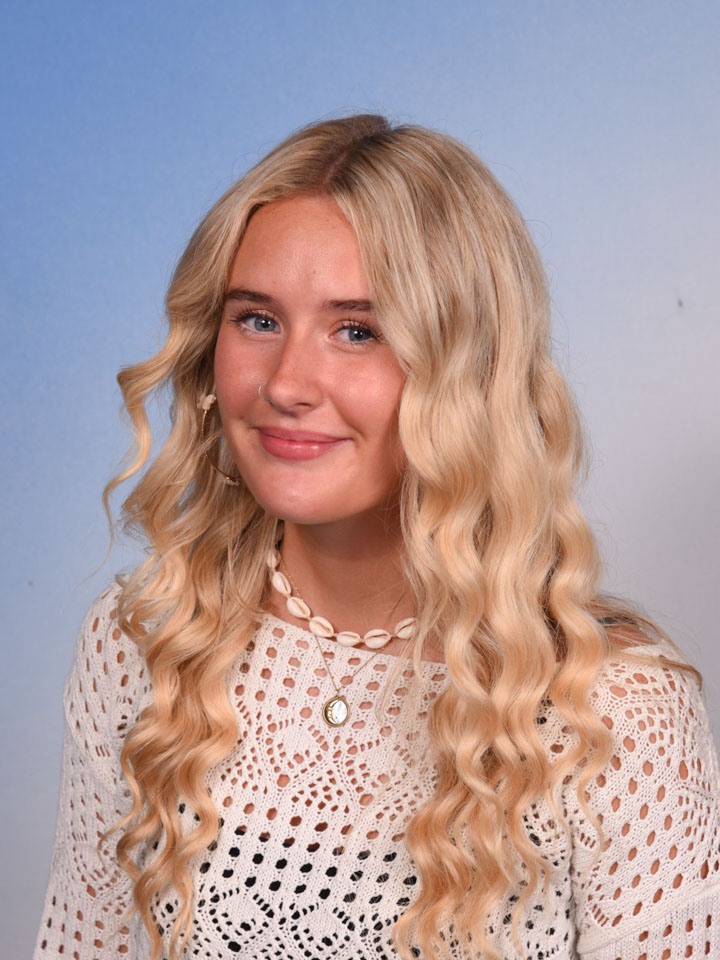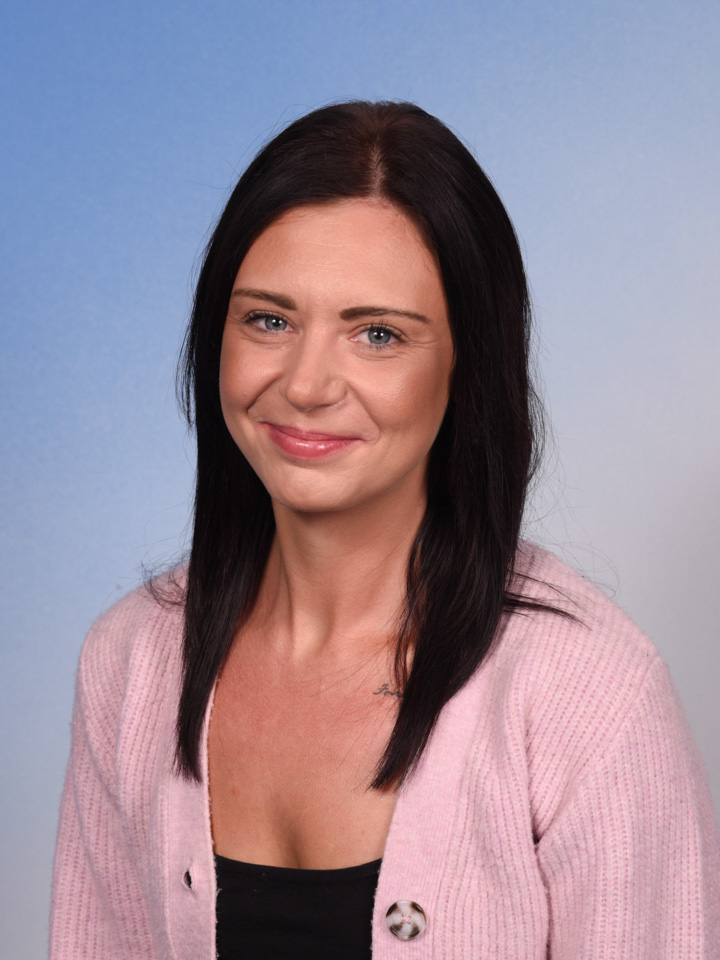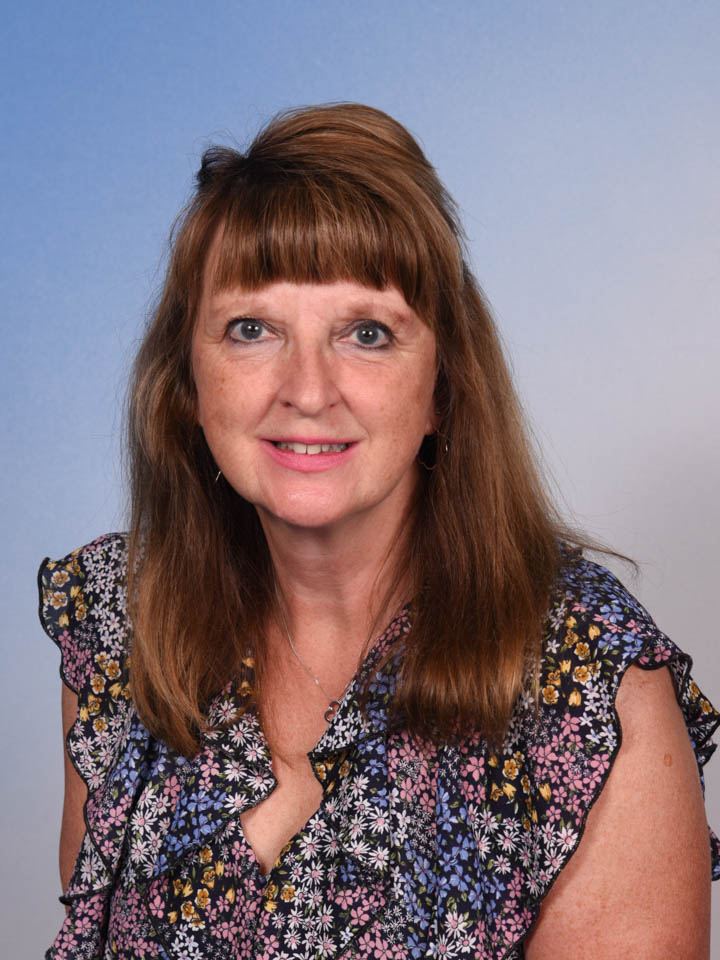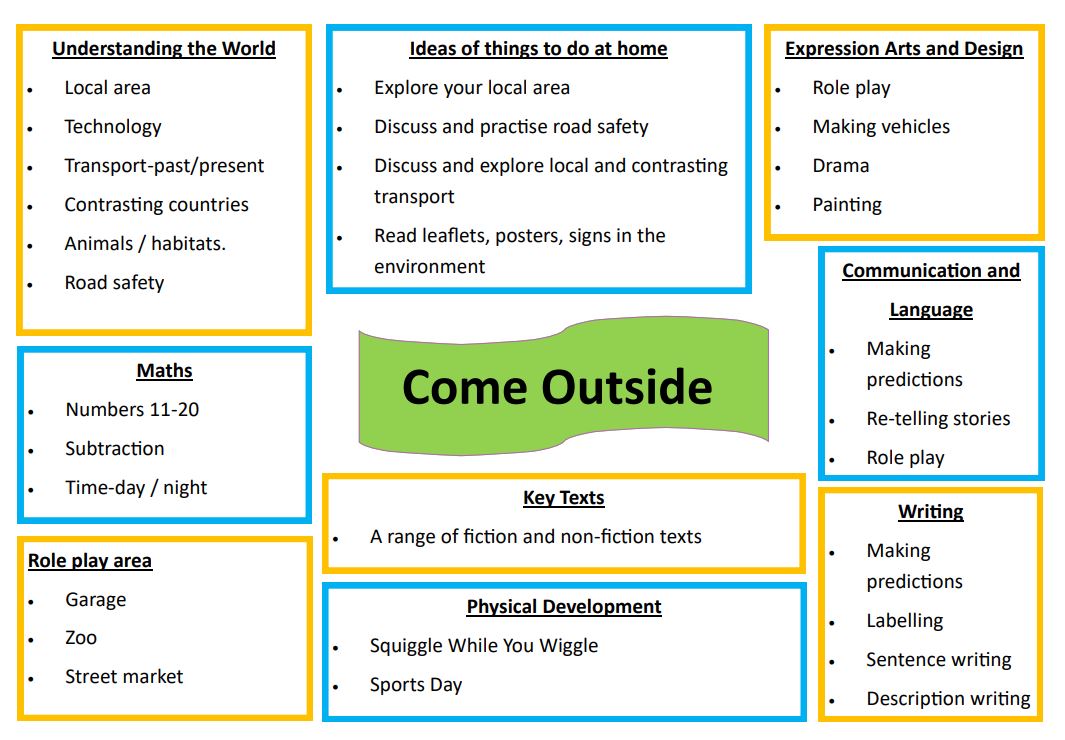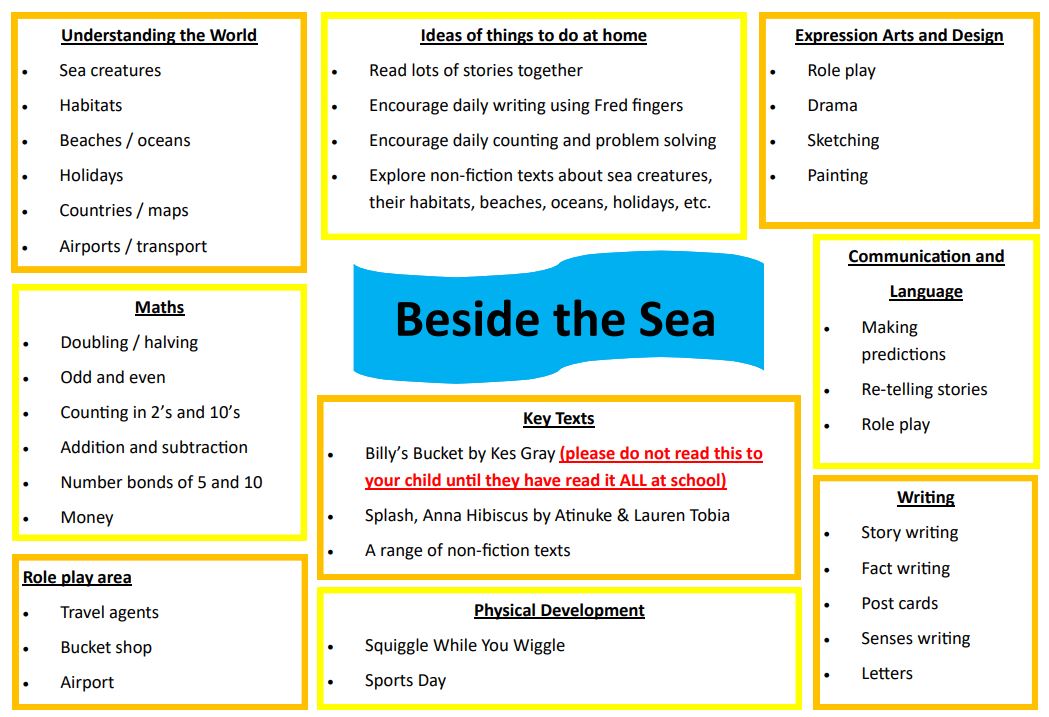Reception - butterfly & ladybird
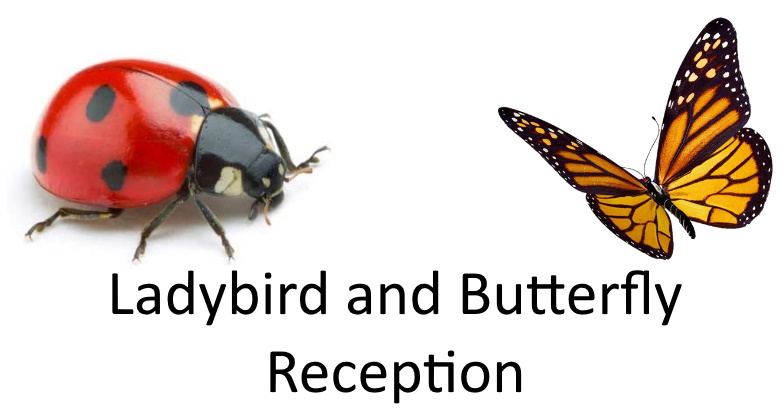
Butterfly Class
|
|
|
|
The class teacher is Miss Moore and the teaching assistants are Mrs Tavener and Mrs Williams.
Ladybird Class
|
|
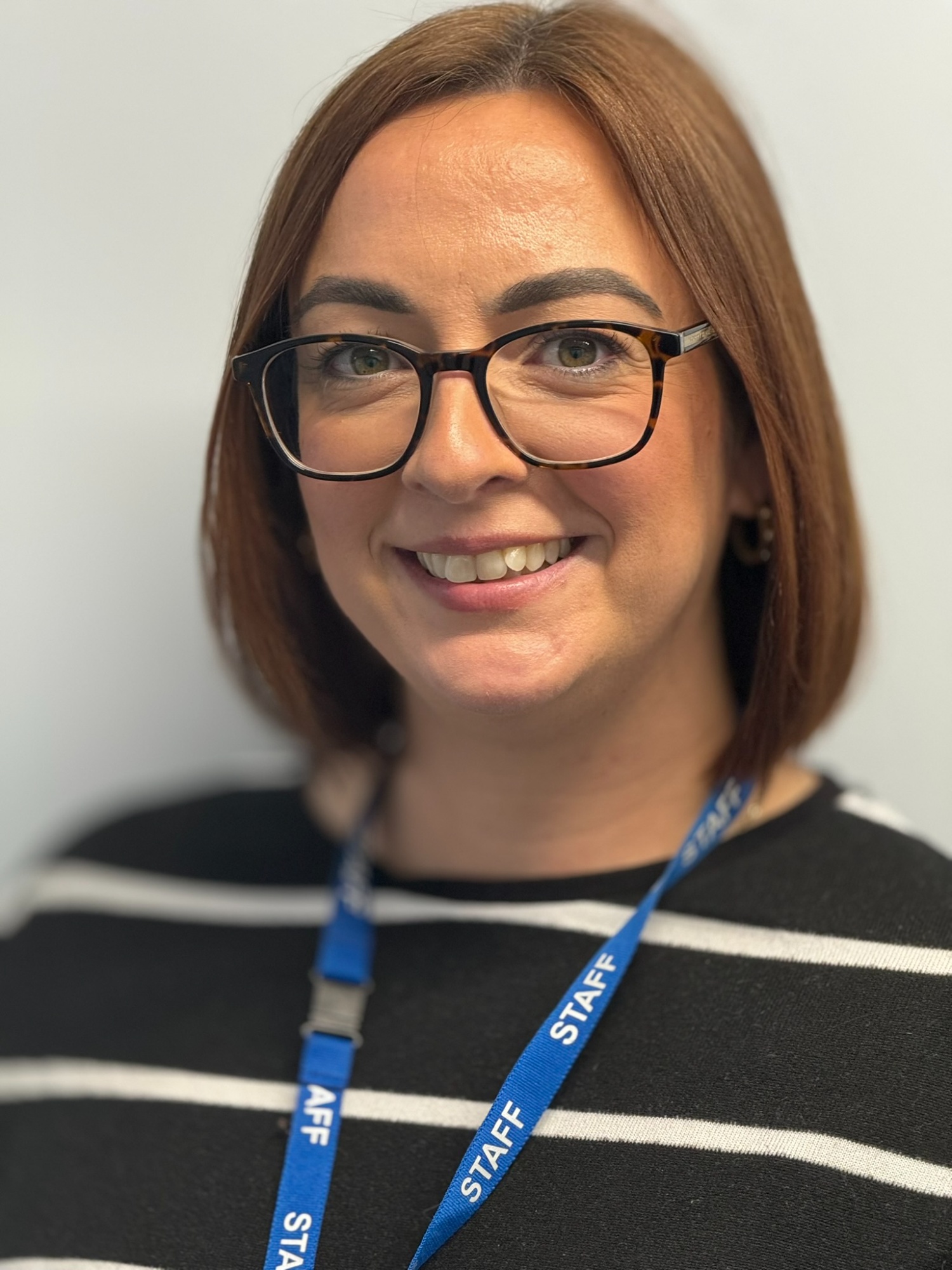 |
|
The class teacher is Miss Mathias and the teaching assistants are Miss Campbell and Mrs Webster.
Reception - 2025-2026
Reading:
- In Reception, we ask that you read at home with your child at least five times a week.
- Research has proven that children that read regularly with their parents are much more likely to do well at school!
- Children will change their school books at least once a week and children may change their books at the end of the day if you would like them to.
- Children will bring home a story book and may also bring home a phonics reading book to read to their adult, which is chosen specifically for their level. Please read the phonics reading book to your child first, then read again taking turns and finger pointing.
- Parents must find a quiet calm time to share stories with their children. The time you do this will be different for each family.
Reminders:
- Water bottles every day - only water in them please
- Children to bring a snack of fruit or vegetables each day
- No water bottles or food in book bags please
- To allow children to become more independent, please encourage them to put their own things away i.e. book bags, coats, water bottles etc.
- Children need coats every day
- Parents are requested to stand back from the classroom at the end of the day so that children do not feel overwhelmed and can see their adults
- We welcome parents in to chat about reading or any other matters at the end of the day.
General Information for Reception Parents - Starting School
Starting school is a very special time in a young child's life. We all want to see our children happy and settled and a good start at school is important for long term social and educational benefits. At St Margaret's School we do everything possible to help our Reception children settle in happily.
Here are just a few things we do to help the transition of pre-school to reception flow smoothly:
- We host a meeting in June for all parents/carers to meet the class teacher and the Reception team, learning more about what it's like to be in Reception at St Margaret's.
- We offer a Stay and Play session for parents/carers to attend with their child.
- A short story session in a small group
- A home visit for class teachers to meet your child in their own, familiar environment.
The following points are just a few things you can do at home to support your child's transition from pre-school to Year R:
Dressing and Undressing themselves
|
Using the Toilet
|
||
Skills needed to help in the classroom
Sharing and taking turns
Lunch time
|
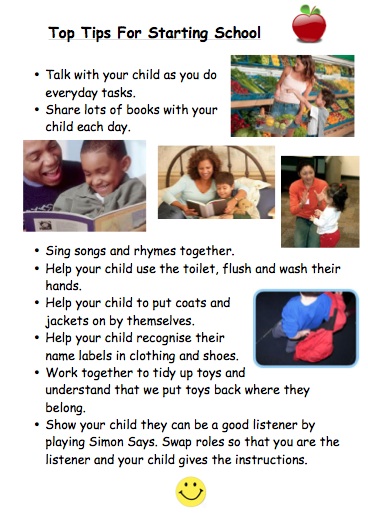 |
||
 |
A Prayer for Starting School Dear God, Help me to be kind and share And make friends who care. Be with me on my first day, |
||
Read, Write Inc - RWI
We teach early reading through synthetic phonics; this is where children learn to blend sounds to read whole words. We begin phonics in Reception and is completed when the children are fluent and confident readers. The children will learn to recognise 44 sounds in the English language and the many ways of writing these sounds (e.g. ay/ai, oy/oi). The English language is not just made up of decodable words, therefore we teach the children how to recognise and read tricky words known as ‘red’ words (e.g. the, said, could).
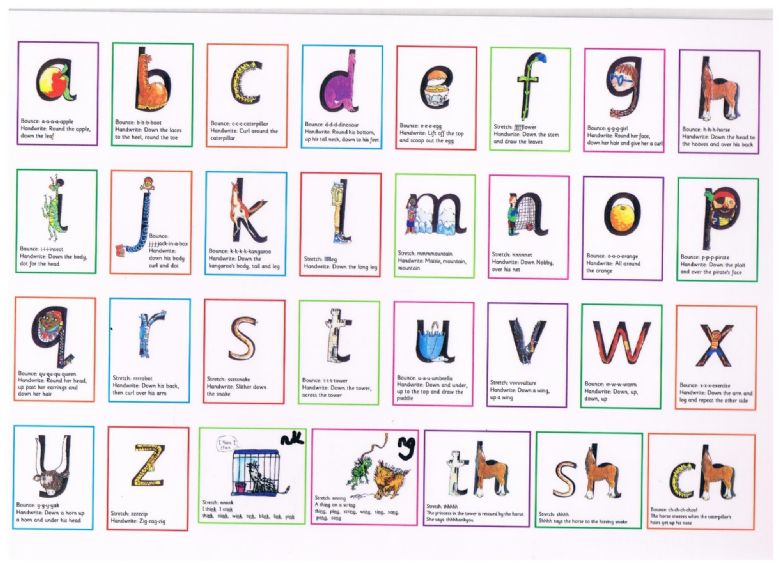
The children learn each sound through a hook by using pictures which match the shape of the letter; for example ‘s’ looks like a snake and ‘a’ looks like an apple. This helps the children to learn to read and write the sounds easily and to be able to segment and blend words to read sentences. From this, the children quickly experience the joy of accessing books and feeling like readers. Effective assessment is then used to accelerate every child's progress so their learning is individually catered to them. Read Write Inc. also supports the children’s handwriting and spelling development as they learn to form their letters visualising the picture and saying the handwriting pattern they learnt with the sound.
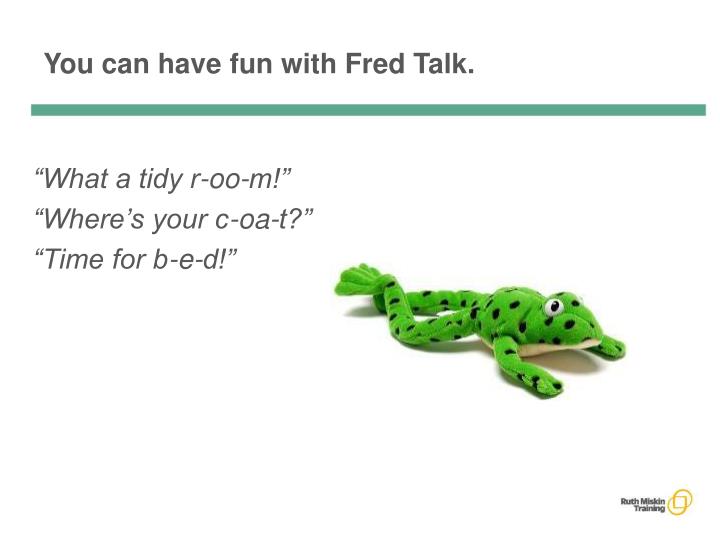 |
Children learn to read words by blending sounds (Fred talk) eg. c-a-t = cat, sh-o-p = shop. In order to do this they need to say the pure sounds ('m' not 'muh', 's' not 'suh' etc.) as quickly as they can, and then blend the sounds together to say the whole word. |
Our Philosophy
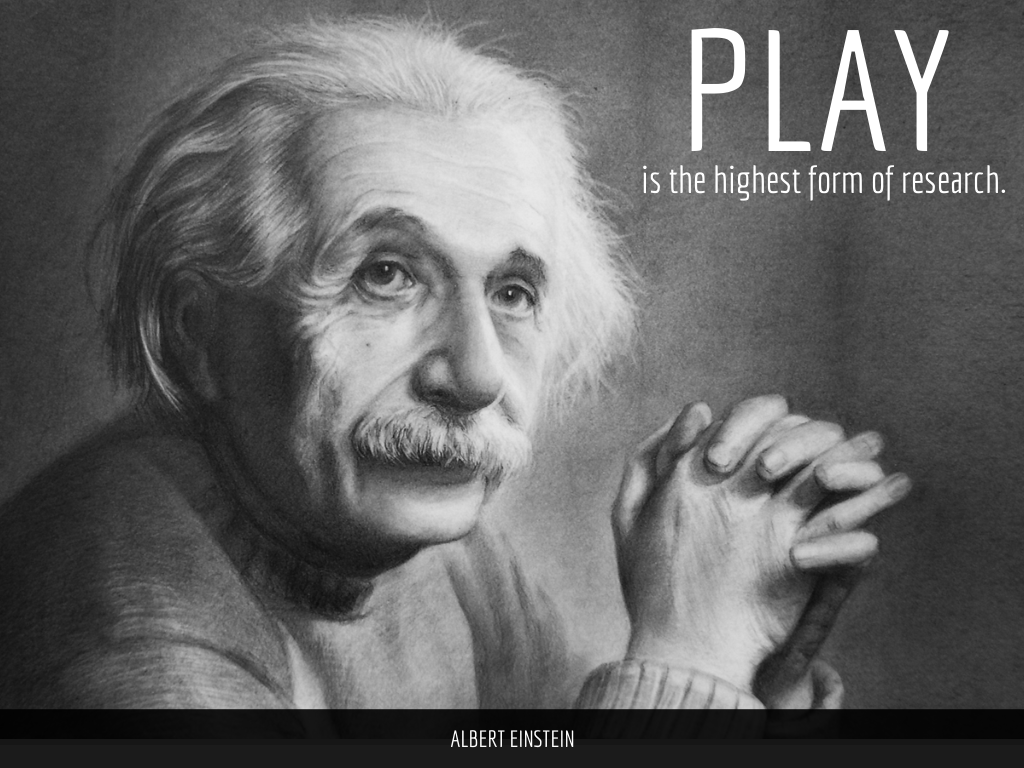 |
When you ask your child what they have been doing at school you, will probably be told, "just playing." At St Margaret's we believe that children learn best through play. Allowing children to follow their interests, encourages their intrinsic motivation and desire to learn. |
The children are involved in the setting up of the learning areas and their interests are taken into account, enabling us to provide a constantly evolving environment. We provide resources and activities that support learning and encourage children to become inquisitive and keen learners. We are interested in 'how' and 'what' the children learn at St Margaret's School.
The Importance of Talk - Chatter Matters
It may seem an obvious thing to say, but one of the best things we can do with young children is to have interesting and enjoyable conversations with them. What this mean is that as we go about out activities, whether at home, or out and about, we should make a special effort to answer children's questions, point out things that interest us, involve children in helping and planning what to do next - whether that's putting things out to play, tidying up, where to visit or any other activity you share. When reading a book with children, make a special effort to read slowly, with lots of fun and expression. Don't worry about stopping if the children ask you questions. Encourage them to join in with the sounds and rhymes of the story. Children who share lots of stories do better at school.
Through using language and hearing how others use it, children become able to describe the world and make sense of their experiences. They learn to use language as a tool for thinking, collectively and alone. We want all children to be successful communicators. Research shows clearly children who have excellent language skills do better in their years at school and into adult life.
The Early Years Curriculum

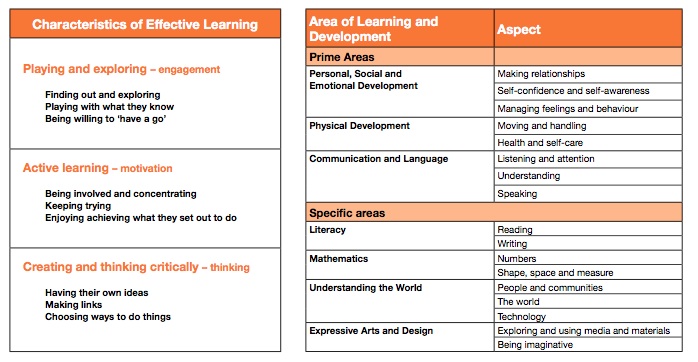
Topic Overviews
Autumn
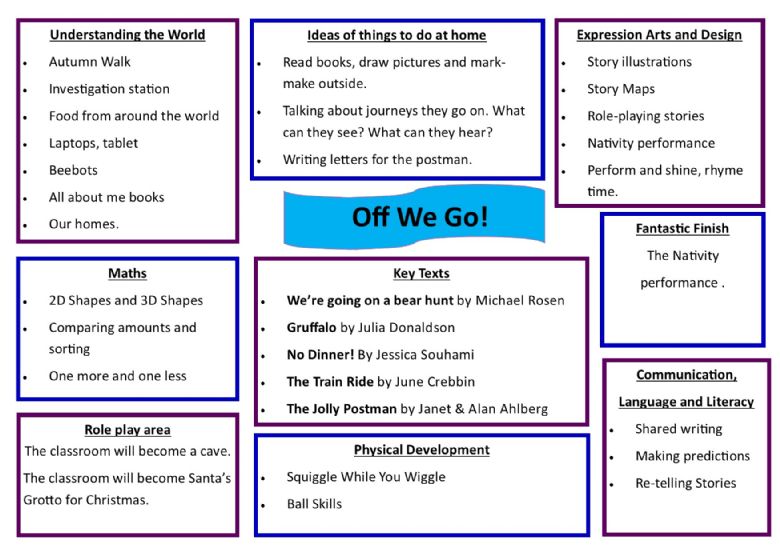
Spring
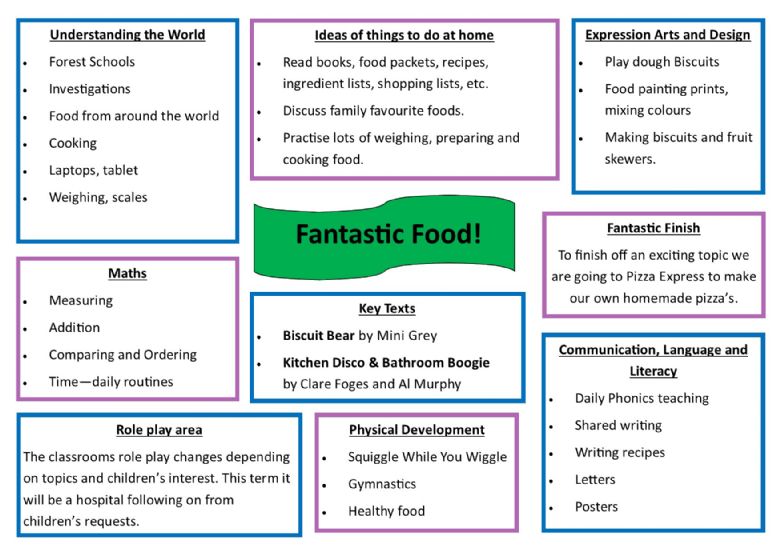
Summer Term
The Curriculum for the school can be found here.
Useful links and Documents
Set 1, Set 2 and Set 3 Rhymes list
Parents Guide to the EYFS Framework
Literacy rich website links for parents and children
Phonics Play - Some free online games to support phonics.
Numbots - This is a game which allows children to collect different items for their robot by solving maths questions. Children will have an account setup as they start school.
CBeebies Bedtime Stories - Another way to share stories with children.
Topmarks Early Years Games - A range of online games to support Maths and Phonics.
Oxford Owl - A website full of resources to support children's learning at home.

